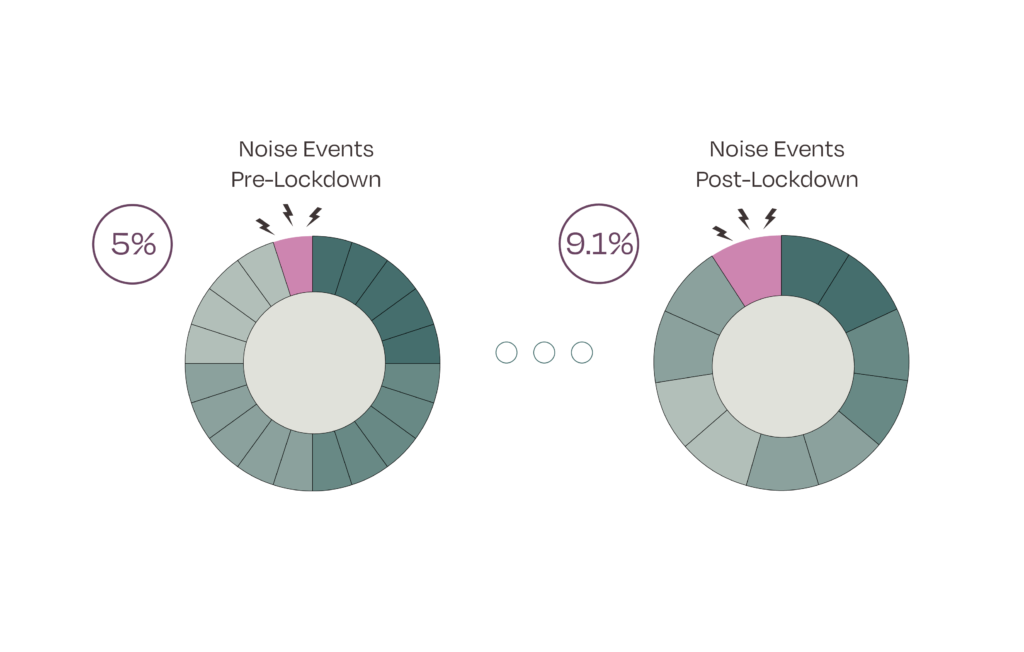After one year of isolation, cancelled parties, unspent travel budgets, and postponed getaways, the travel industry is preparing for what is expected to be a massive surge of revenge vacationers, looking to make up for lost time. The Washington Post speaks of the “pent-up wanderlust” that is splitting almost all of us at the seams as weather gets warmer, case numbers drop, vaccination availability increases, and travel restrictions are lifted. Sandals Resorts deputy chairman Adam Stewart said in an interview with the Post, “Summer 2021 is seeing a double-digit percentage gain in overall occupancy when compared with previous summer booking trends, including summer 2019.”
While this surge in travel activity will increase profits and fill calendars for vacation-rental owners, it will also increase chances of property damage, HOA violations and noise fines. As an example, look no further than Miami Beach, where the recent chaos of spring break revelers prompted the city to implement an 8 p.m. curfew, and both business owners and residents expressed outrage and travelers’ boisterous and reckless behavior.
To avoid the risk of rowdy guests upsetting neighbors, or worse, damaging property and causing financial loss, owners should take the following measures to protect their rentals before, during, and after the coming market surge:
Before The Booking
- Stay alert. Be cautious of one-night, local bookings from renters under the age of 25. Concert, club and bar closures have led to a dramatic increase in house parties.
- Use booking validation services like SUPERHOG to check potential renters for red-flags before booking their stay.
- Draft a clear and concise rental agreement that outlines the fines and consequences associated with noise violations, property damage, and parking regulations.
With £130bn ($179 billion) annually being lost to fraud and £27bn ($37 billion) lost to property damage, per SUPERHOG industry statistics, having a cost-effective booking validation system, allows hosts to prevent problematic guests from arriving at their property in the first place.
During The Stay
- Have a smart noise monitoring device installed at the property. A privacy-safe noise detection device that measures decibel levels and sends an automatic notification to booked guests allows you to head off potential problems before neighbors and authorities become involved.
After The Booking
- Have insurance coverage in place to protect from any possible misuse or damage caused by the guests.
- Use historical noise data features to document noise events and address them with guests.
- Make sure you document your home immediately after the stay has ended and before any cleaning has taken place, through photos and videos. These are crucial if you need to report an incident.
Proactive protection increases profits and peace of mind. Smart guest screening, noise monitoring and strategic insurance coverage will help keep your rentals protected. After the previous lockdown lifts last year, an almost 50% increase in noise incidents and consequential property damage occurred.

Hosts who had seen their business go from booming to bust due to the first lockdown, were desperate to take on bookings when restrictions were relaxed. Large volumes of one night stays were accepted and with that came an increase in incidents reported.
The widespread travel regulation lift is sure to have even greater consequences. Take precautions now to protect profits, property, and peace of mind later.